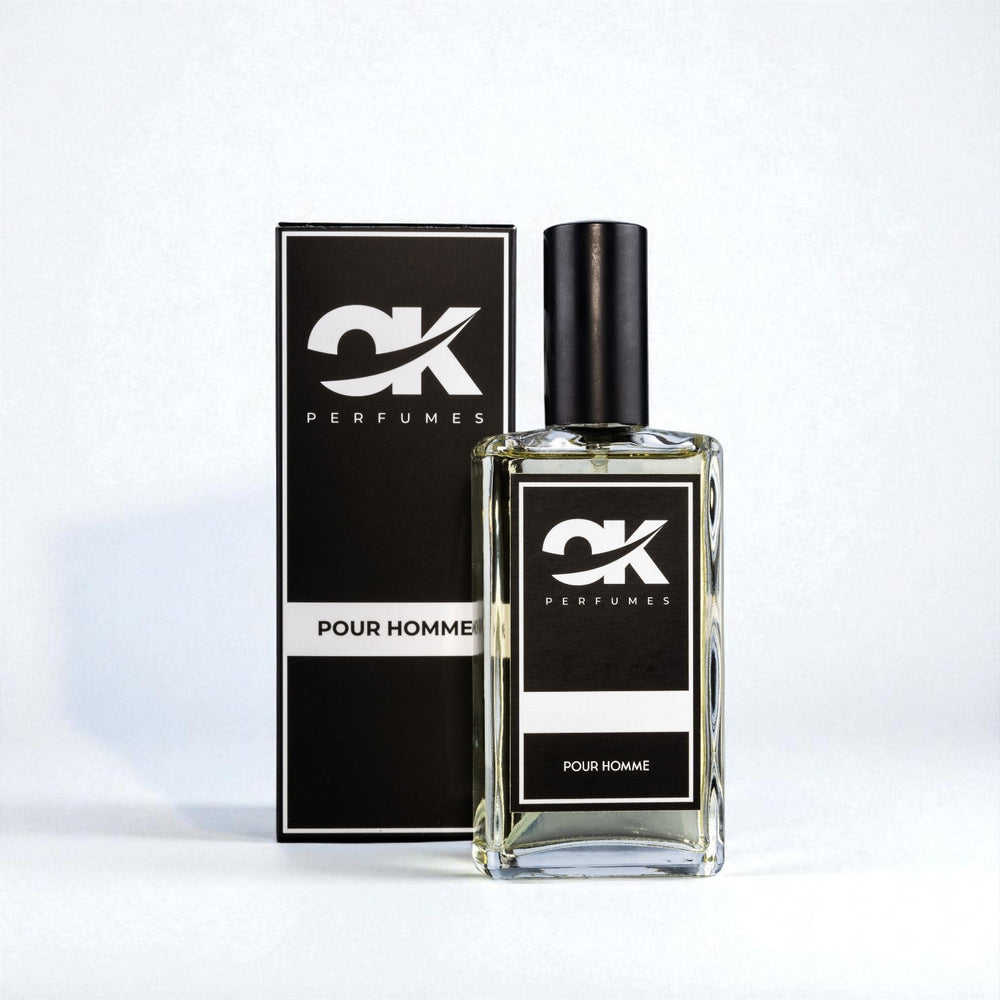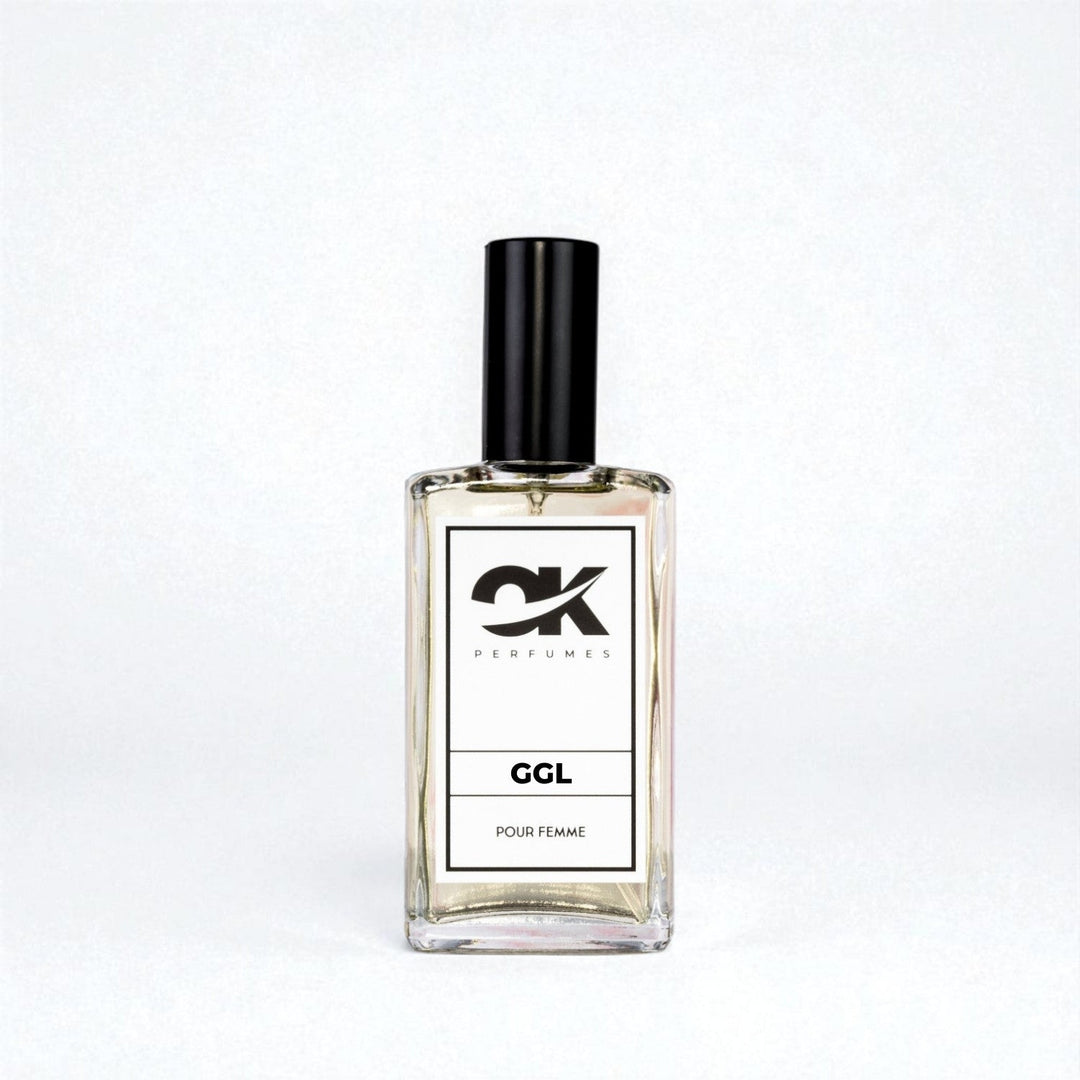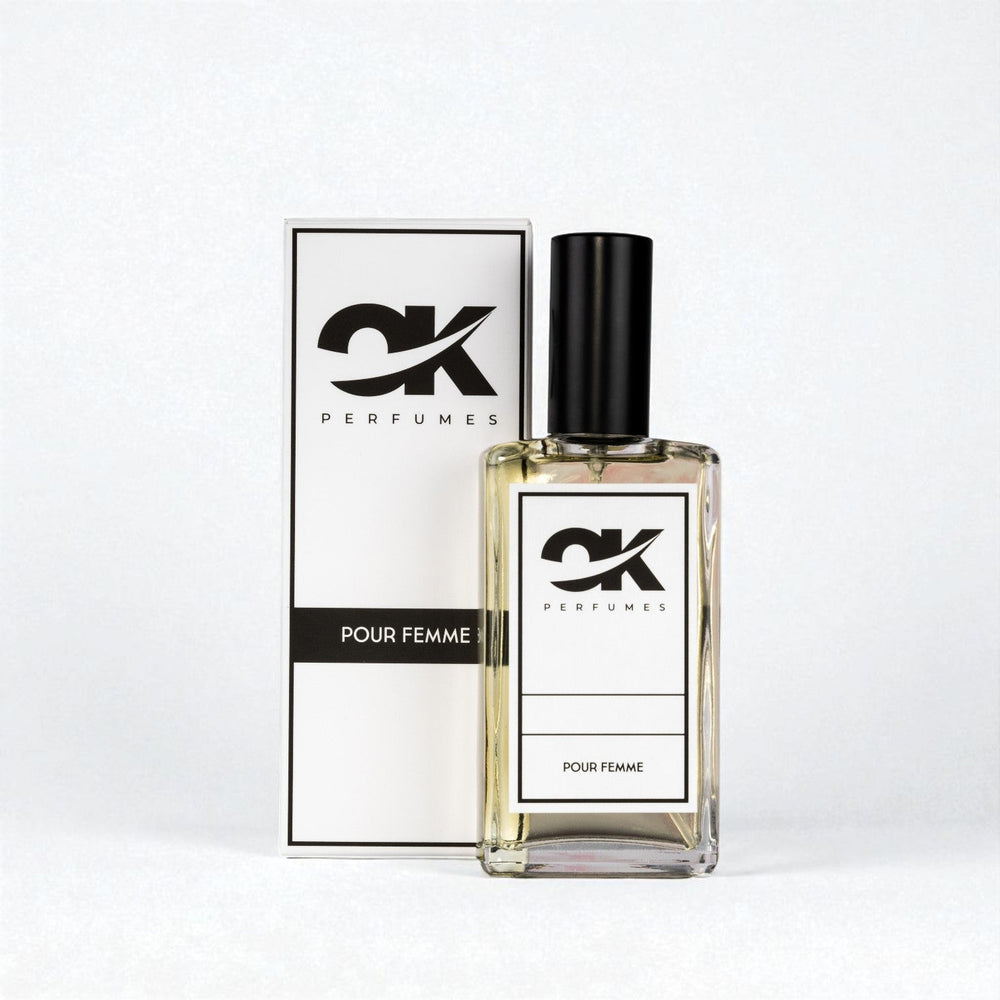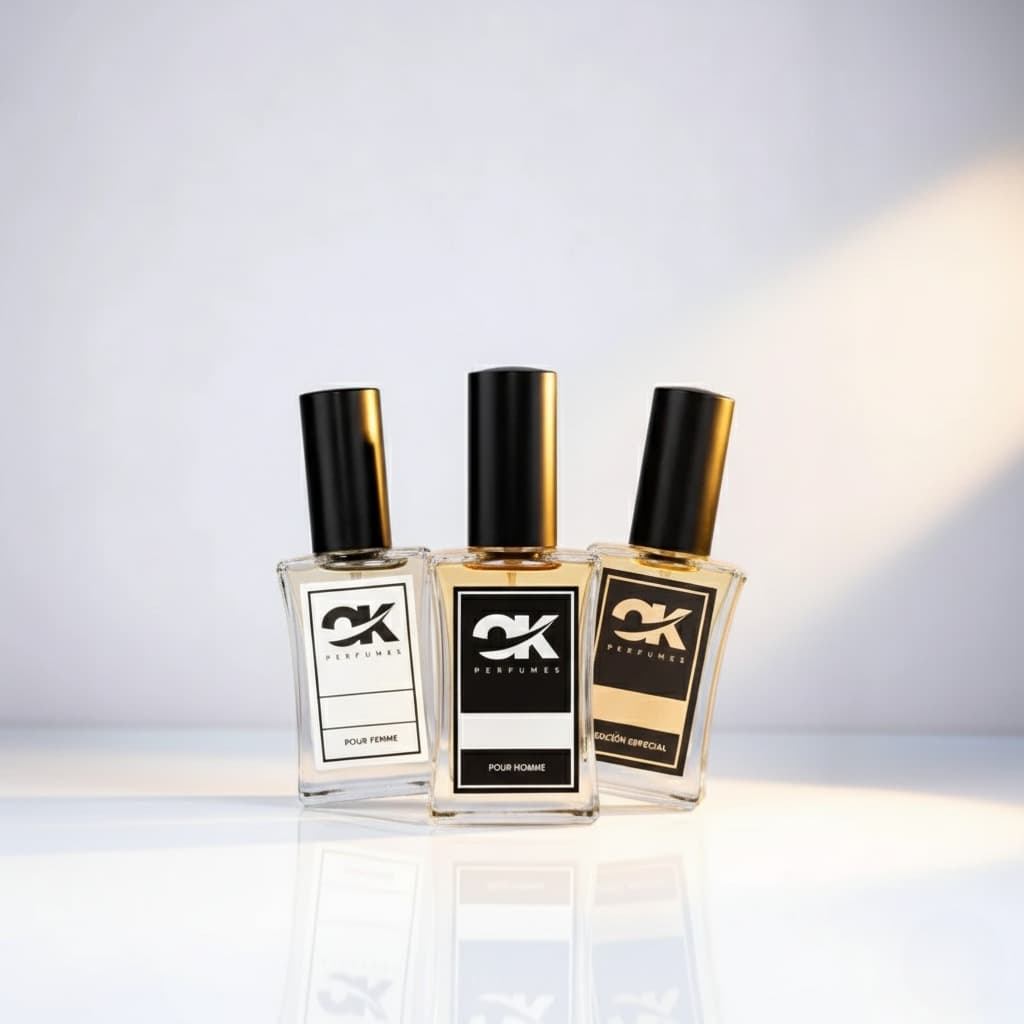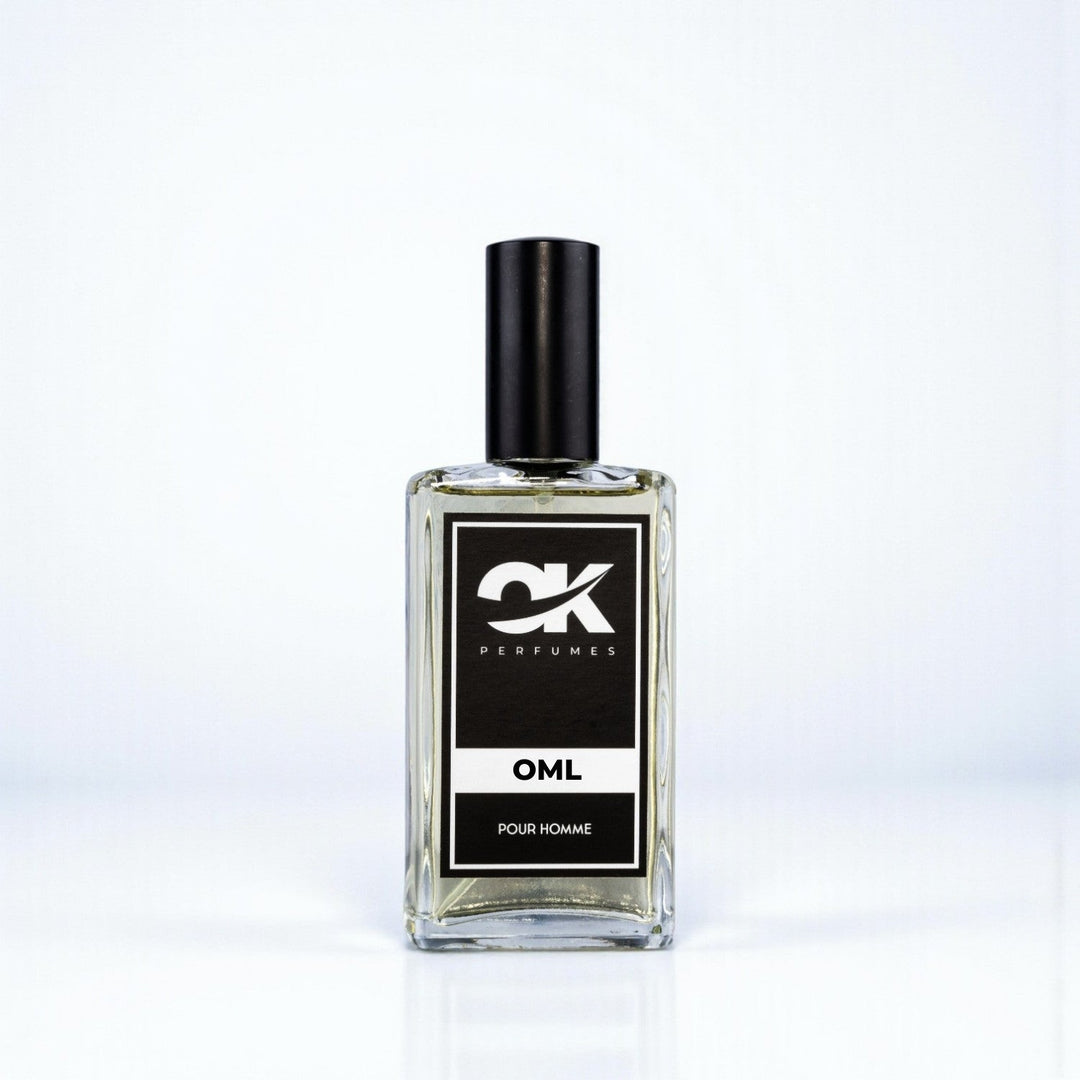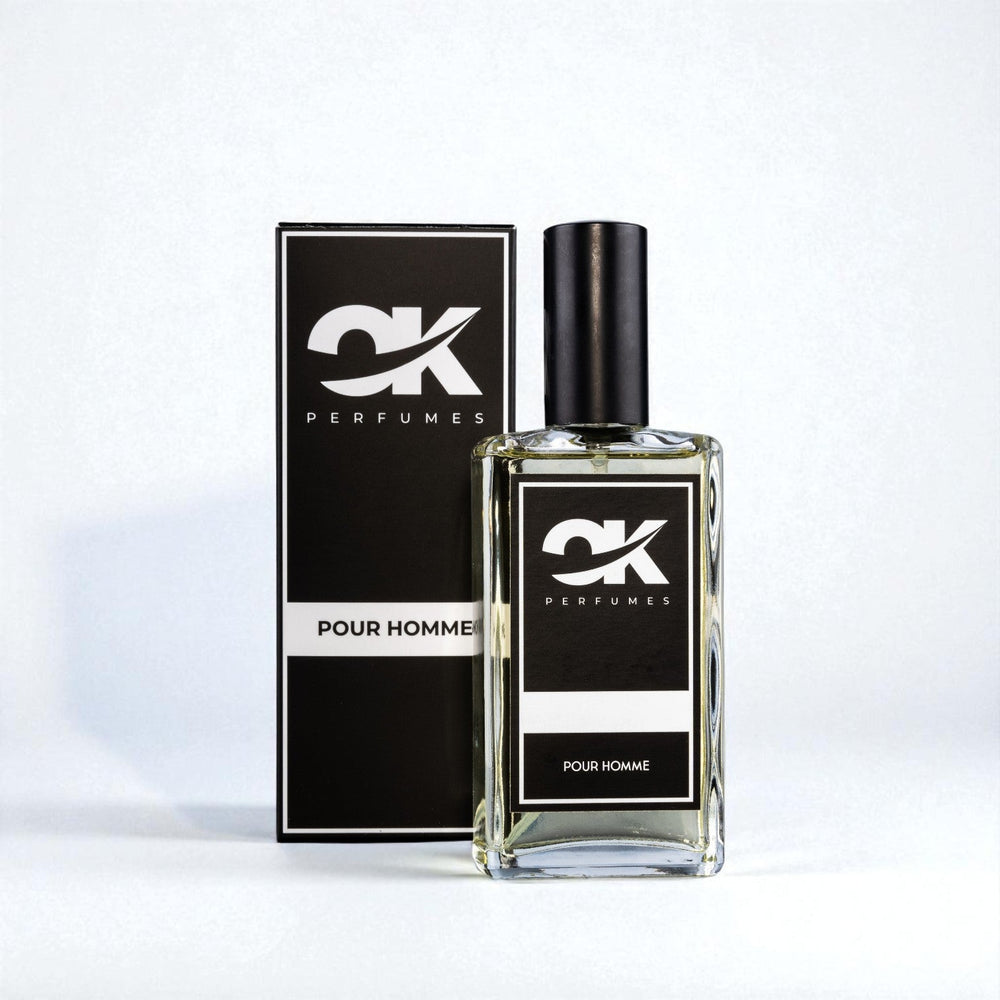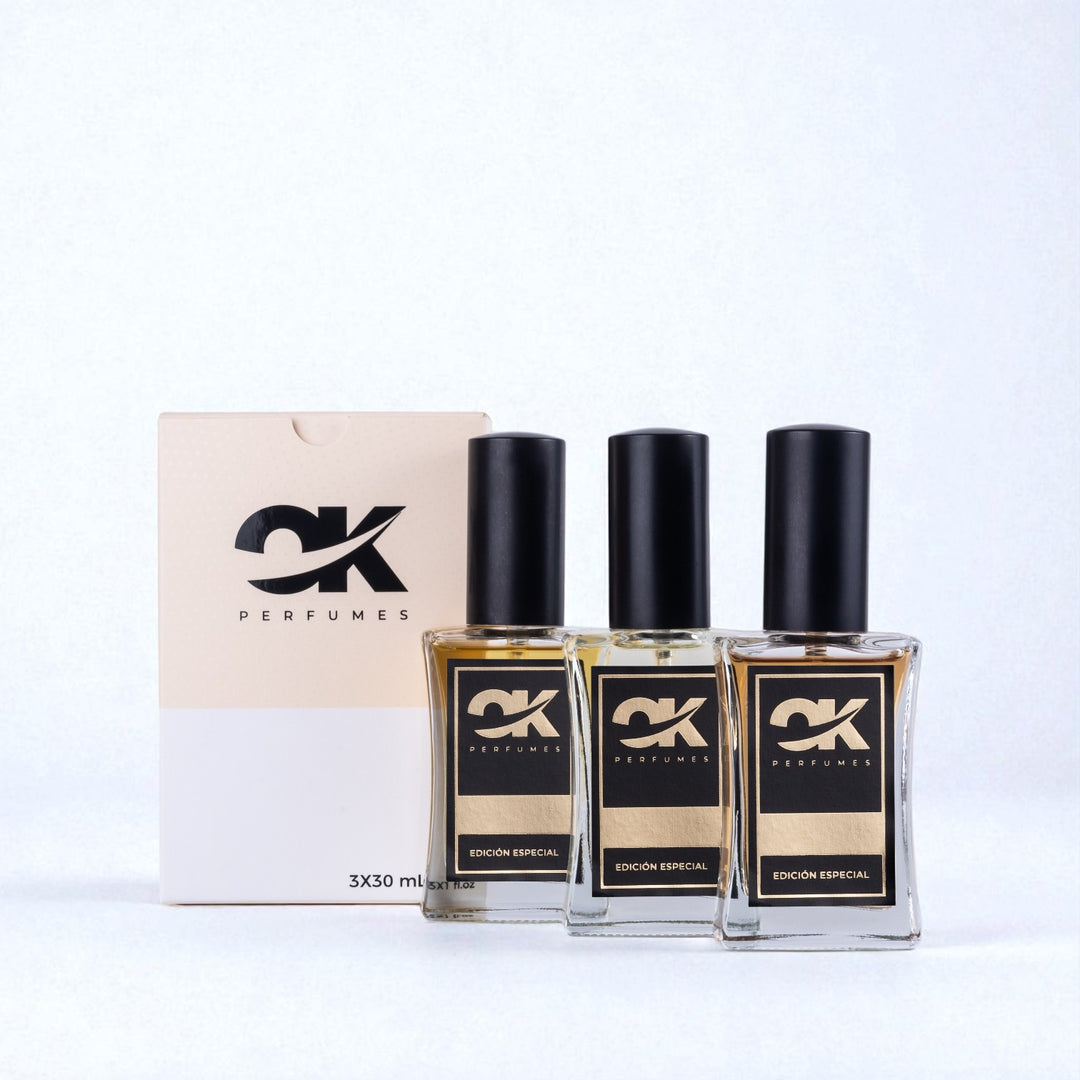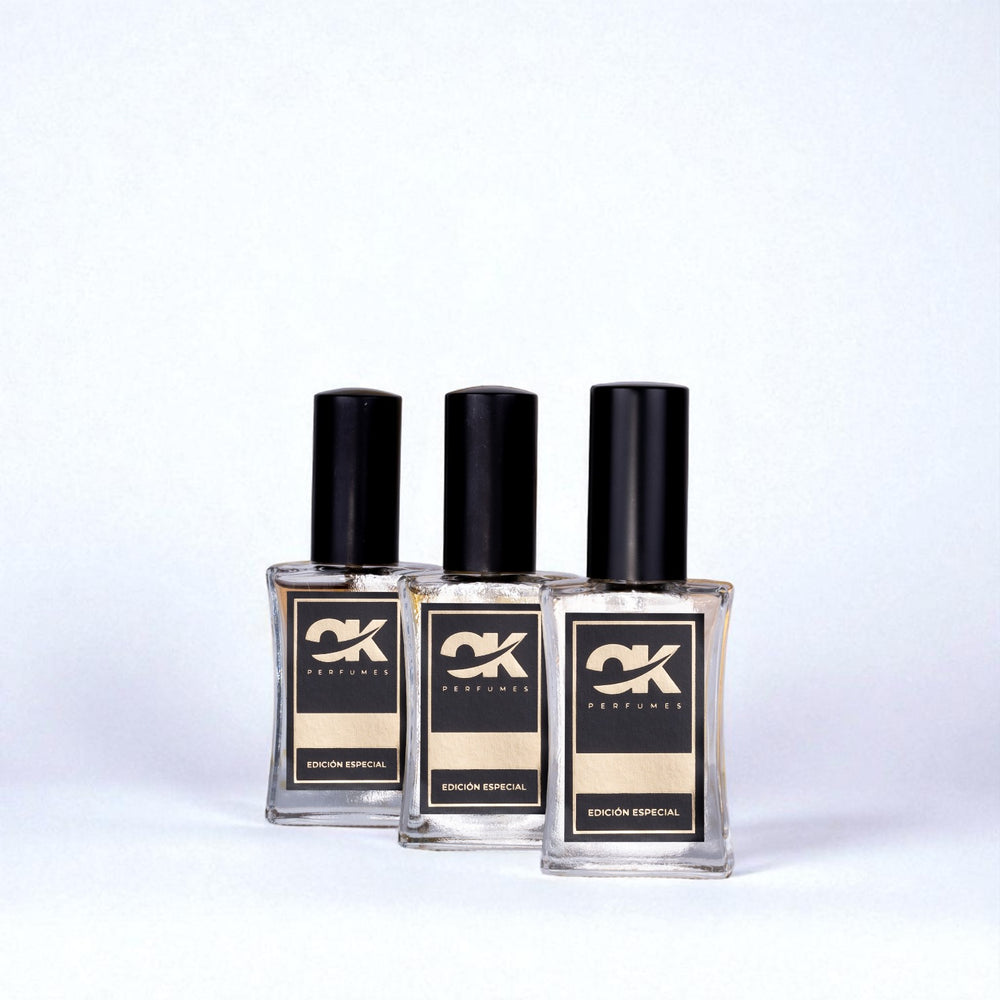Perfumes in Literature: Fragrances that Marked Stories
Literature has witnessed countless stories that have captured the human essence, and in many of these, perfumes play a leading role. From fragrances that evoke memories to those that create atmospheres, perfumes have been used by writers to enrich their narratives. In this article, we'll explore some literary works that transport us through their aromas, and how these have influenced the development of stories. Let's dive into the world of perfumes in literature and discover the fragrances that have marked unforgettable moments.
Perfume: The Story of a Murderer
One of the most iconic works that addresses the relationship between perfumes and literature is Patrick Süskind's Perfume: The Story of a Murderer. This novel, published in 1985, delves into the life of Jean-Baptiste Grenouille, a man gifted with an extraordinary sense of smell who yearns to create the perfect fragrance. Through his journey, the work explores Grenouille's obsession and desperation, which leads him to commit atrocious acts in his desire to capture the essence of beauty in the form of perfume.
The Obsession with Aroma
In the novel, perfumes are much more than simple scents; they become symbols of power, love, and despair. Grenouille becomes a master perfumer as he discovers his own fragrance is nonexistent, leading him down a dark path. This story highlights how a perfume can affect not only the wearer but also those around them, showcasing the powerful connection between smell and human emotions.
Fragrances in Romantic Poetry
In addition to novels, perfumes also have an important place in Romantic poetry. Poets such as Pablo Neruda and Gabriela Mistral have used fragrance as a metaphor for love and desire. In their poetic work, scents can evoke memories and sensations that transcend time and space.
Metaphor of Love
For Neruda, perfume becomes a vehicle for expressing passion. Using vivid sensory descriptions, the poet transforms perfume into a symbol of the intimate connection between lovers. In this way, fragrances not only represent hidden desires but also provide an opportunity to explore the depth of human relationships.
Classical Literature and its Aromas
Perfumes have also found their place in classical literature. In works such as Gustave Flaubert's "Madame Bovary," characters' fragrances are referenced as a way of revealing their nature and desires. Emma Bovary, for example, uses perfumes to escape the mediocrity of her life and seek an idealized love.
The Power of Perfume in Decisions
The use of perfumes in this work symbolizes freedom and the search for identity. Through his relationship with scents, Flaubert portrays how perfumes can influence the characters' decisions, as well as others' perceptions of them. This connection between scent and personal choices is a recurring theme in literature, highlighting the power of perfumes to affect human behavior.
Perfumes as a Literary Motif
Not only in novels and poetry, perfumes have also been used as a recurring motif in various stories. In fairy tales and fables, fragrances often appear as magical elements that influence the destinies of characters. The popular story of "Beauty and the Beast" includes a magical perfume that represents transformation and true love.
Fragrances that Transform Destinies
In these types of stories, perfume acts as a catalyst for change, showing the power a scent can have on the characters' lives. This theme underscores the importance of perfumes not only as mere enjoyment, but as elements that can alter the course of life.
The Evolution of Perfume in Modern Literature
In contemporary literature, the use of perfumes continues to evolve. Modern authors explore new dimensions and meanings behind scents. In contemporary novels, such as "Shadow on Frosted Glass" by Elena Poniatowska, perfume becomes a symbol of longing and nostalgia, reflecting the complexities of modern life and interpersonal relationships.
Perfumes as a Reflection of Society
In this context, perfumes are not only associated with romantic situations but also reflect cultural and social identity. Exploring how characters relate to perfumes offers a critical look at society and its values. Aromas can capture the essence of times and places, making perfumes a connecting thread between literature and social reality.
International Perfume Day
The DAY perfume It is celebrated annually as a way to honor the art of perfumery. This celebration not only focuses on fragrance, but also highlights its impact on culture, literature, and history. During this day, events are held around the world to celebrate the creativity and talent behind each perfume .
The Legacy of Perfumes in Literature
The influence of perfumes on literature should not be underestimated. From ancient Greece to the present day, fragrances have been a testament to the deepest human emotions and have become a reflection of the culture in which they are found. The connection between scents and stories will continue to inspire writers and readers for many generations to come.
Reflections of Identity Through Perfumes
Finally, we cannot forget the role that perfumes play in the construction of personal identity. Like a good book, a perfume can tell a story. Each fragrance evokes feelings and memories, becoming an extension of who we are. This connection between perfumes and identity is a recurring theme in literature, inviting reflection.
In the quest for fragrances that transcend time and space, perfumes continue to play a crucial role in literary narrative. From classical works to contemporary tales, perfumes remind us that every scent has a story to tell. As perfumes evolve in our culture, so will their representation in literature, making literature a place where scents and words meet in perfect harmony.





